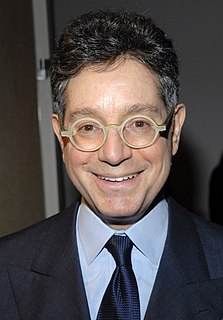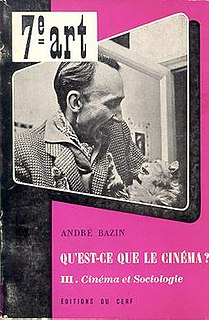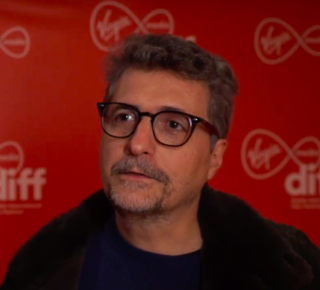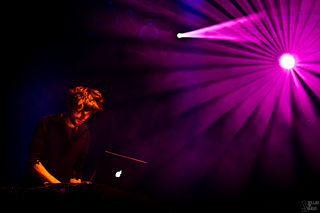A Quote by Antoine Fuqua
I don't understand why we give up genres, and the Western is a great genre. It's a part of the rich history of cinema and who we are as we've evolved as people, as a community.
Related Quotes
I'm now much more excited about genre distinctions. What I still see breaking down are more the hierarchical arrangements of genres. That is, "There is literary fiction, and then there are lesser genres." I'm much more clear on the idea that literary fiction is itself a genre. It is not above other genres. It is down there in the muck with all the other genres, and it's doing the wonderful things that it does, but to give it a Y-axis, to make it high and low, just seems absurd. I stand by that.
In narrative cinema, a certain terminology has already been established: 'film noir,' 'Western,' even 'Spaghetti Western.' When we say 'film noir' we know what we are talking about. But in non-narrative cinema, we are a little bit lost. So sometimes, the only way to make us understand what we are talking about is to use the term 'avant-garde.'
The lovely thing about writing comics for so many years is that comics is a medium that is mistaken for a genre. It's not that there are not genres within comics, but because comics tend to be regarded as a genre in itself, content becomes secondary; as long as I was doing a comic, people would pick it up.
When you write a scene where somebody is afraid of something you instantly go to decades of genre cinema: horror, suspense, and thrillers. Those are very cinematic genres, when you shoot a close-up of someone and you can see fear in the person's face, or anticipation, or some kind of anxiety, it's a very cinematic image.
I don't like to put tags on my music. I leave that to others. Seems like some people see me as the founder of "space disco", although that's a bit weird since there were lots of music from the late 70s and early 80s that easily fits into this genre. I can understand why we need genres, but I don't feel comfortable using any on my own music.
If you choose as a woman to work in cinema, the roles are smaller, not as diverse, and sometimes not as exciting. So when you try to have a conversation to say, 'This part is lacking in this or that,' or, 'I don't understand who this person is,' or, 'Why is she in this story?' people are very afraid of that.






































